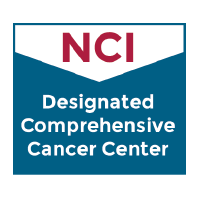
Cervical Cancer
Cervical cancer usually affects women between 40 and 55 years of age, with 16,000 cases of invasive cervical cancer diagnosed annually in the United States. Pap tests are an effective screening tool.
Cervical cancers start as an abnormality of cells on the surface of the cervix. These abnormalities are not cancerous. They include dysplasia, squamous intraepithelial lesions (SIL) and carcinoma in situ. If undetected or untreated, these abnormalities may eventually invade normal cells in the cervix. As a result, cancer may develop, invading surrounding tissues or lymph nodes and possibly spreading to other parts of the body.
If these lesions have not invaded normal cervical cells, treatments may be relatively simple and straightforward.
Our approach to cervical cancer
UCSF offers innovative, compassionate care in a supportive environment to women with cervical cancer. Our team includes gynecologic oncologists, gynecologic cancer surgeons, radiation oncologists and nurses with special training in reproductive cancers.
We believe that education is a powerful part of the healing process. Our team works with each patient to help her understand her condition and all her treatment options, so we can decide together on the best course of action.
Awards & recognition
-

Among the top hospitals in the nation
-

Best in Northern California for cancer care (tie)
-

Designated comprehensive cancer center
UCSF Health medical specialists have reviewed this information. It is for educational purposes only and is not intended to replace the advice of your doctor or other health care provider. We encourage you to discuss any questions or concerns you may have with your provider.





